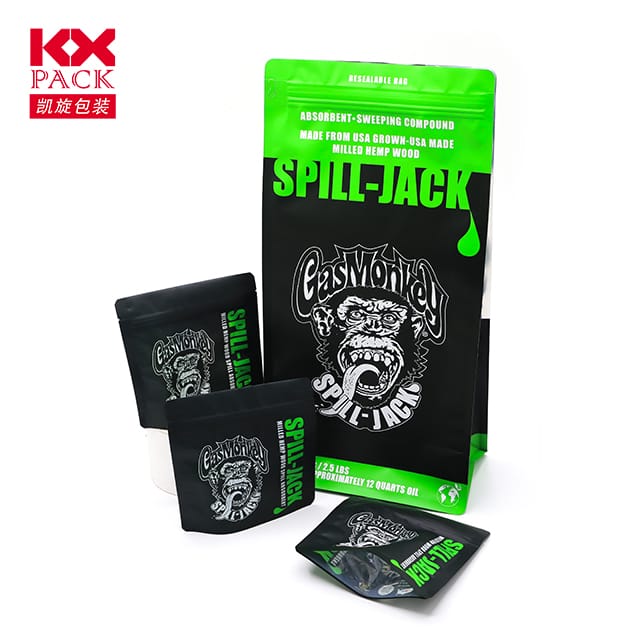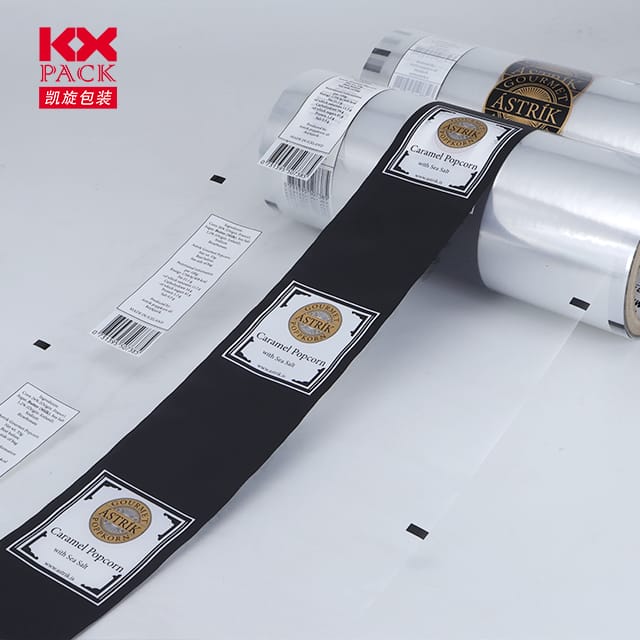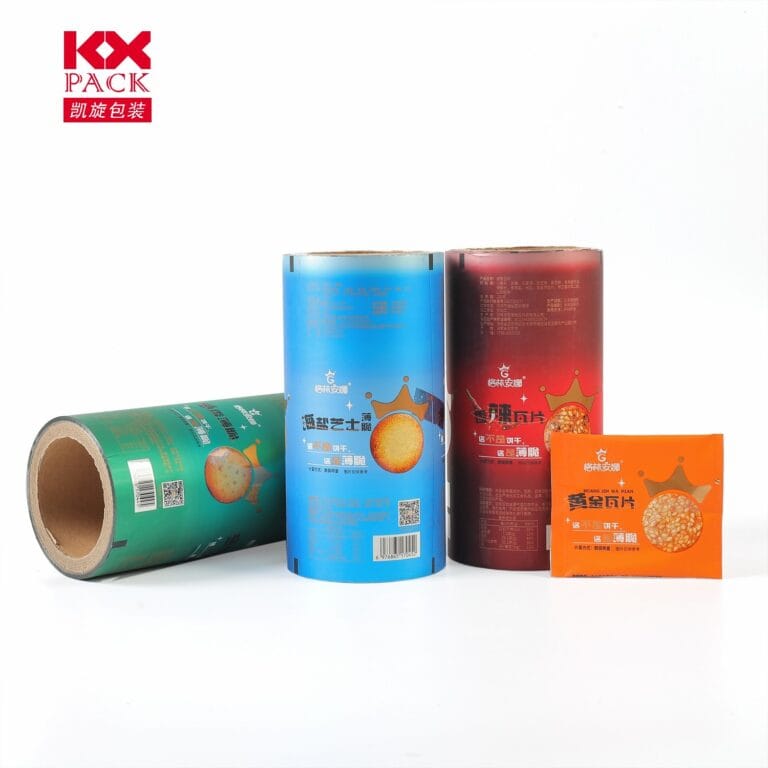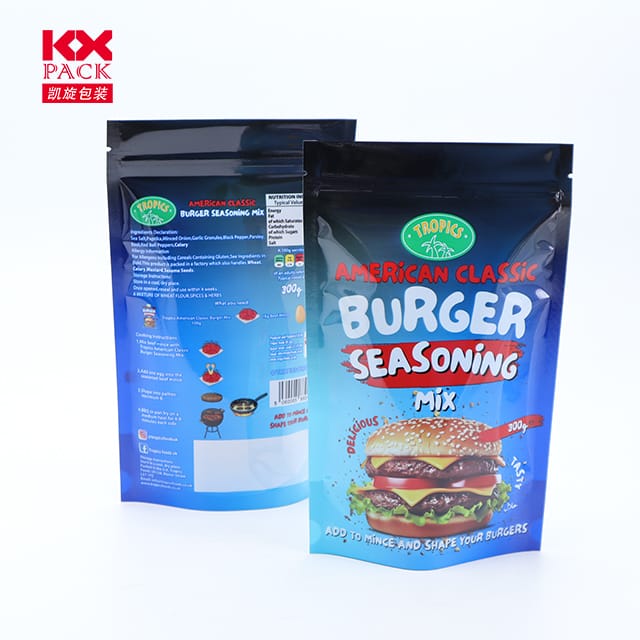Réitigh inbhuanaithe do shábháilteacht bia: Athmhachnamh a dhéanamh ar an rolla scannán plaisteach le haghaidh pacáistiú bia
Rolla Scannán Plaisteach
Plastic film rolls are a staple in food packaging—protecting everything from fresh produce to baked goods, úire a chinntiú, agus an seilfré a leathnú. Ach fós féin, Tagann a n -áisiúlacht ar chostas: Cuireann scannáin phlaisteacha aon úsáide go mór le truailliú domhanda, Le billiúin tonna ag bualadh líonta talún, aigéin, agus éiceachórais. But what if we could reimagine this essential tool to balance functionality with environmental responsibility? Let’s explore how innovations in plastic film rolls for food packaging are paving the way for a greener future.
The Environmental Dilemma of Traditional Plastic Films
Most conventional plastic films are made from poileitiléin (Corpoideachas), polapróipiléine (PP), or PVC—materials that take centuries to decompose. Fiú nuair a athchúrsáladh é, these films often face contamination issues or lack proper collection infrastructure. An toradh? Food packaging waste accounts for nearly 40% of global plastic production, much of it ending up as microplastics that infiltrate soil, uisce, and even our food chain.(Rolla Scannán Plaisteach)
The Shift Toward Sustainable Alternatives
Ar ámharaí an tsaoil, the food packaging industry is evolving. Here’s how manufacturers are rethinking plastic film rolls:
- Scannáin in -bhithmhillte agus in -mhúirínithe
- Déanta as ábhair plandaí-bhunaithe like corn starch, cána siúcra, nó algaí, these films break down naturally in composting facilities within months.
- Ideal for short-shelf-life products (E.g., salads, sandwiches) where traditional plastic isn’t essential.
- Scannáin Ábhar Athchúrsáilte
- Using athchúrsáil iar-thomhalta (Pcr) plaisteach reduces reliance on virgin materials and diverts waste from landfills.
- Advances in recycling technology now allow for stronger, clearer films suitable for a wider range of food products.
- Edible and Water-Soluble Films
- Cutting-edge options include bratuithe inite (déanta as feamainn nó stáirse) that protect food and can be consumed or discarded harmlessly.
- Water-soluble films dissolve in water, eliminating waste entirely.
- Reusable and High-Barrier Films
- Marthanach, multi-layer films designed for coimeádáin ath -inúsáidte (E.g., silicone lids or beeswax wraps) reduce single-use waste.
- Scannáin Ard-Bharrier (with oxygen or moisture control) Leathnú seilfré, reducing food waste—a critical sustainability goal.
Feidhmiúlacht agus inbhuanaitheacht a chothromú
While eco-friendly alternatives are promising, Tá dúshláin fós ann:
- Costas: Sustainable films often cost more to produce, though prices are dropping as technology scales.
- Feidhmíocht: Some biodegradable films lack the strength or barrier properties of traditional plastic, limiting their use for certain foods.
- Infrastructure: Compostable films require industrial composting facilities, which are scarce in many regions.
ach, brands and consumers are driving change by:
- Infheistiú i R&D to improve film durability and affordability.
- Advocating for policy changes (E.g., extended producer responsibility laws).
- Choosing minimal, recyclable packaging nuair is féidir.
How Consumers Can Make a Difference
You don’t need to wait for perfect solutions to act:
- Support Brands Using Sustainable Films: Cuardaigh le haghaidh deimhnithe mar TÜV Austria’s OK Compost nó BPI (Institiúid Táirgí In-bhithmhillte).
- Reduce and Reuse: Roghnaigh Bulc -Cheannacháin, coimeádáin ath -inúsáidte, or beeswax wraps to minimize film reliance.
- Recycle Properly: Clean and recycle PE/PP films where accepted (seiceáil treoirlínte áitiúla).
- Demand Transparency: Pressure companies to disclose film materials and end-of-life options.
Todhchaí an phacáistithe bia: A Holistic Approach
Sustainable plastic film rolls are just one piece of the puzzle. The ultimate goal? Ageilleagar ciorclach where packaging is designed for reuse, athchúrsáil, or composting. This requires:
- Collaboration between governments, manufacturers, and consumers.
- Nuálaíocht in materials science (E.g., mycelium-based films or lab-grown alternatives).
- Education to dispel myths about plastic’s necessity in food safety.
Your Role in the Transition
Every time you unwrap a snack or store leftovers, you have a choice. By supporting sustainable packaging, advocating for change, agus dramhaíl a laghdú, you’re helping redefine the role of plastic film rolls in our lives.
Ready to rethink your food packaging habits? Share your favorite eco-friendly swaps or questions in the comments—let’s build a zero-waste kitchen together! 🌱🍴
Hashtags: #SustainablePackaging #PlasticFreeFuture #FoodWaste #GreenInnovation #CircularEconomy







